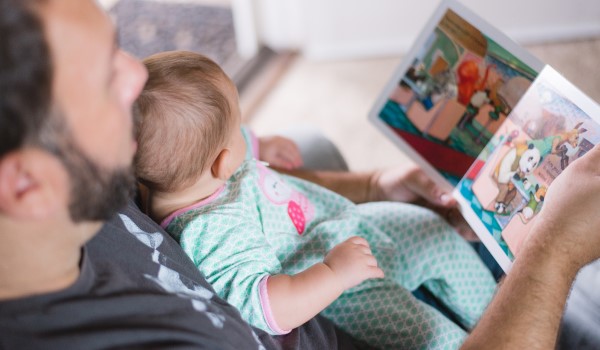Select a country to see some of the opportunities and policy challenges we are tracking across the region.
We are not covering this country at the moment. Get in touch and we will customize a regulatory scan for your needs.
Get In Touch
Case study

Literacy and healthcare are two of Egypt’s most daunting obstacles to economic development. At approximately 12%, Egypt has one of the highest illiteracy rates in the Arab World whilst a rapidly growing population and meager budget has put unprecedented pressure on healthcare infrastructure. Given the significant rise in smartphone use, we were asked by an Egyptian telecom provider to devise a strategy to leverage mobile phones to address Egypt’s healthcare access and literacy challenges.

Smartphones have the potential to provide literacy skills and healthcare access to millions. With approximately 96 million mobile phone users, Egypt has the largest mobile phone subscriber base in the MENA region. Smartphone penetration, which is currently at 57%, grew at a CAGR of 25% between 2012 and 2017. Likewise, mobile internet use rose at a CAGR of 21% from 2012 to 2016 - 98% of Egyptian internet users now primarily access the internet via mobile phones.

We started by benchmarking the health and literacy initiatives of leading regional telecom companies with a focus on identifying cutting-edge programs. We found that an impactful mobile health program would require a complex ecosystem of partnerships that could not be easily achieved in Egypt. This led to a proposed initial focus on communicable diseases, such as hepatitis C and tuberculosis, with a plan to expand to chronic diseases like diabetes in future phases. To address literacy challenges partnering with an existing training program was the only viable solution to overcome the absence of an Arabic mobile-based literacy curriculum.

To facilitate the partnerships required to implement the initiative, we provided crucial support in articulating impact aspirations, organization/governance, and key processes. This also involved developing partner assessment criteria and key communications and partnership development materials to bring onboard implementing partners. By establishing initial contact with potential partners and facilitating meetings to identify cooperative synergies, we were able to accelerate program implementation.

The program was launched across targeted cities most in need of the services via a phased rollout that enabled the client to pilot some of the first examples of telecom-provided over the top services in the region. These services focused on gain access to incremental users in rural regions and low-income areas through zero-rated data. The program is now considered a global best practice of telecom use of mobile technologies to form multi-stakeholder partnerships for sustainable development and led to a similar initiative by the Telecommunications Regulatory Authority of Lebanon.